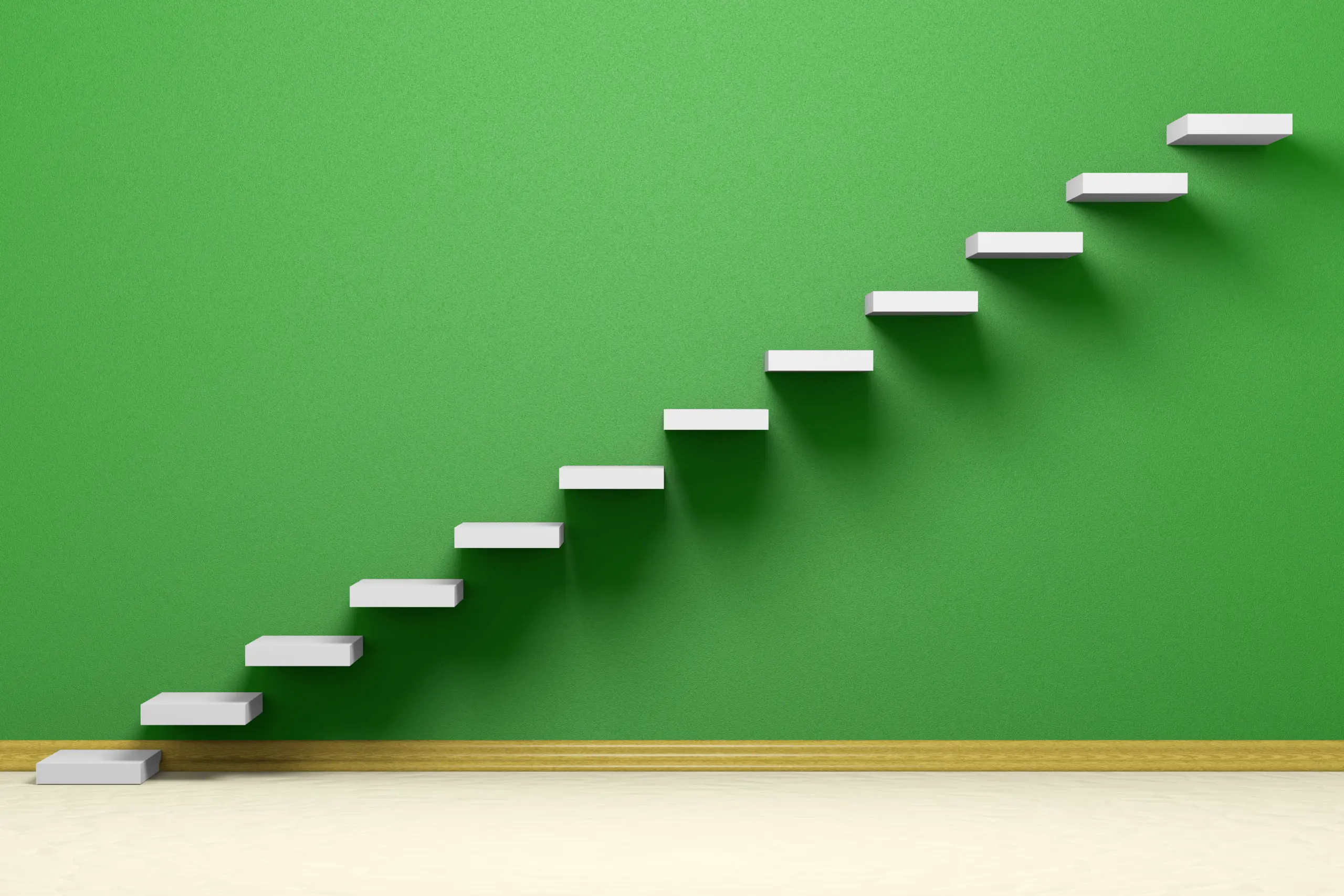Opinion – Consuming Responsibly
29.10.2021

We must urgently learn to consume less and better. To meet this huge challenge, producers, the state and consumers must all do their part.
Since May 11, we, the Swiss, have exhausted our share of the planet’s resources. Since that day, we have been living off the backs of future generations who will have to pay the price of our inconsistency (or our selfishness). This cannot continue: we must urgently learn to consume less and better. One of the laws of economics stipulating that everything that is asked for will be produced (even when it is illegal, but even more so when it is), the responsibility of the consumer to achieve a sustainable economy is therefore unavoidable. We must adapt our lifestyles!
The challenge is huge and we can only take it up with the support of the other actors concerned, the producers in the first place and the State, which must encourage and adapt the framework conditions.
Producers are obviously involved because to consume less and better, we need to produce less and better. The first step is to use all the resources of technology to produce more efficiently the goods for which there is a proven and legitimate demand. It is also a question of stopping pushing for over-consumption. At the very least, this requires that producers commit themselves to selling only those goods and services that a fully informed and aware consumer really wants to consume. And their marketing must be focused on informing the consumer in particular about the use of common resources that the production of the promoted goods requires and not on exciting the most superficial needs. At a recent conference of the E4S Center, Frédéric Dalsace, professor of marketing at IMD, advocated marketing as the “daughter of globalization, mother of responsible consumption”.
In the name of the community, the State must help this transition first of all by trying, with the help of taxes and subsidies, to bring the prices of goods closer to their true cost, i.e. taking into account all the resources used for their production. This was the intention of the CO2 tax, and we will have to bring back through the window what could not enter through the door. It is a question of increasing the price of certain goods – petrol and diesel – by reducing the price of others – public transport and the price of purchasing and using the least polluting vehicles. In addition or as a substitute, when more effective, we must also prohibit and regulate. It is absurd, for example, to continue to authorize the marketing of new super-polluting vehicles for which there are obvious possibilities of substitution, knowing that they will produce the corresponding nuisances for the next ten or fifteen years.
Finally, the consumer must assume his role as the ultimate decision-maker. At the end of the chain, what we do not buy will not be produced. Technology cannot do everything. Behavioral changes are essential. They could lead to a loss of growth according to traditional indicators, but happiness is not in the “always more”, studies confirm the intuition on this point. And it is the well-being of all, including that of future generations, that the economy must seek.
Jean-Pierre Danthine, Co-Managing Director, E4S Center